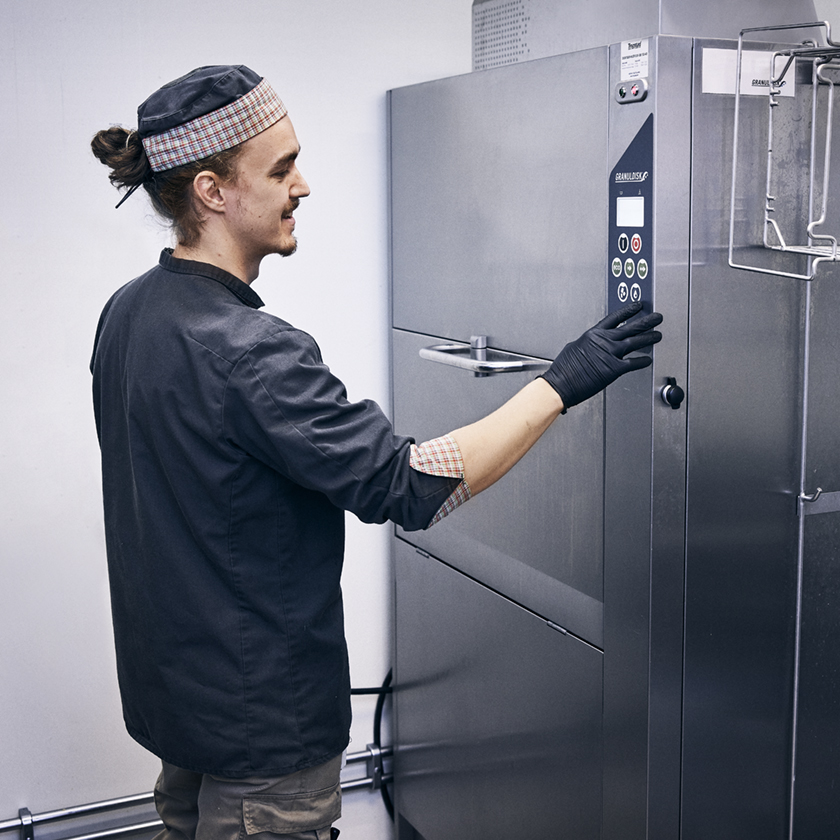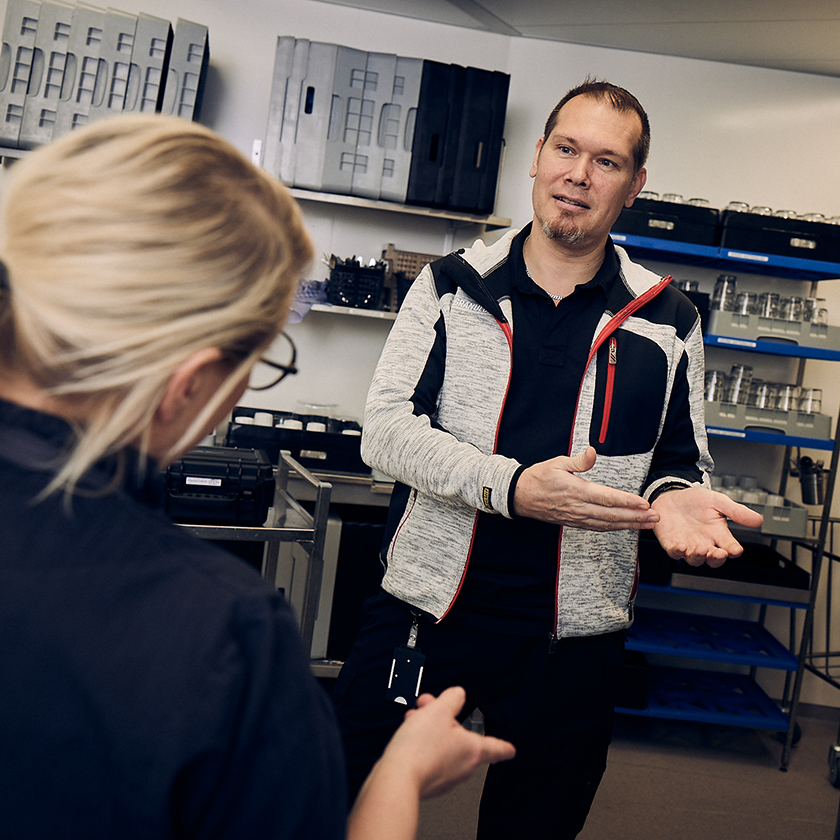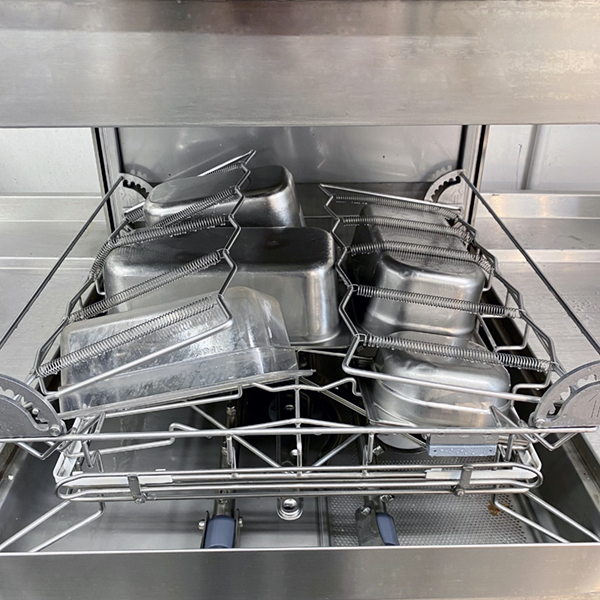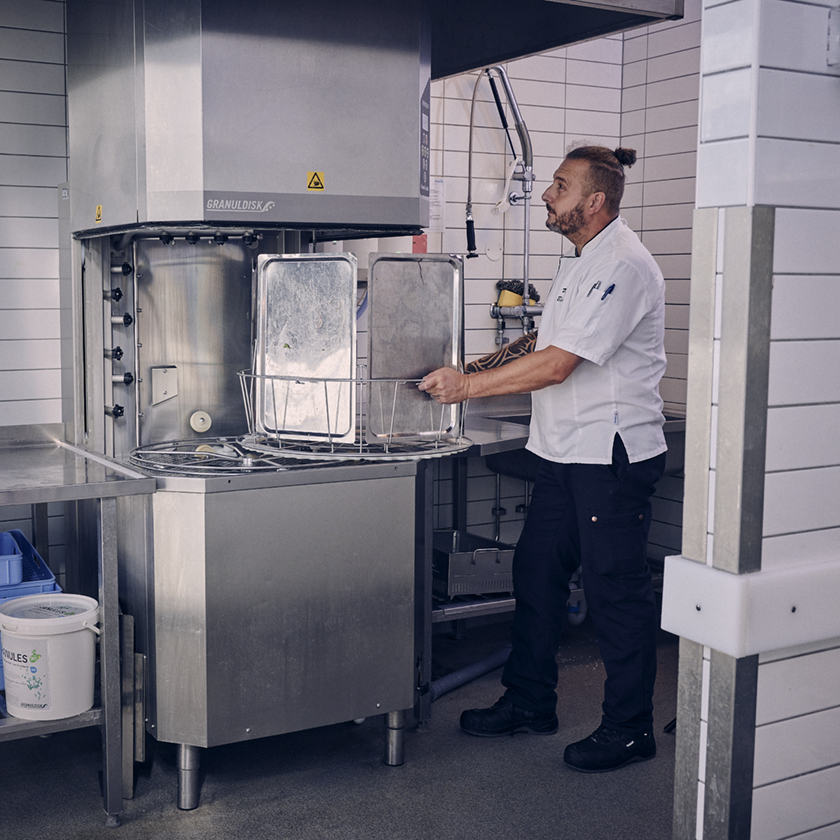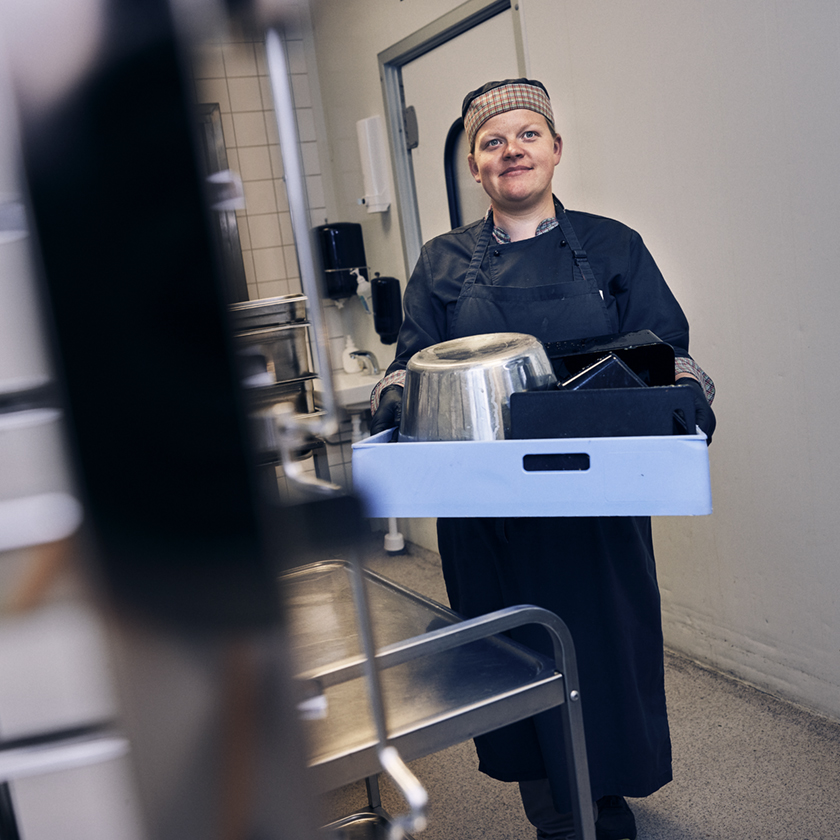Articles - March 13, 2023
Commercial Dishwasher Temperature Guidelines
The top priority for a commercial dishwasher is safe and hygienically clean wash results. And to ensure the highest standards, operating at the correct temperature is essential.
In the following guide, we provide you with the ground rules when it comes to commercial dishwasher temperatures.

